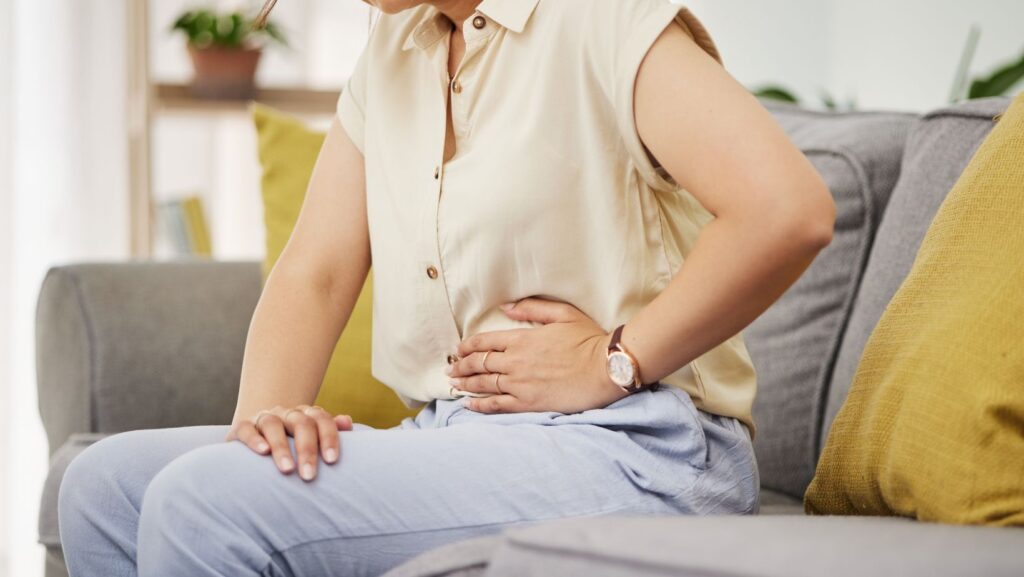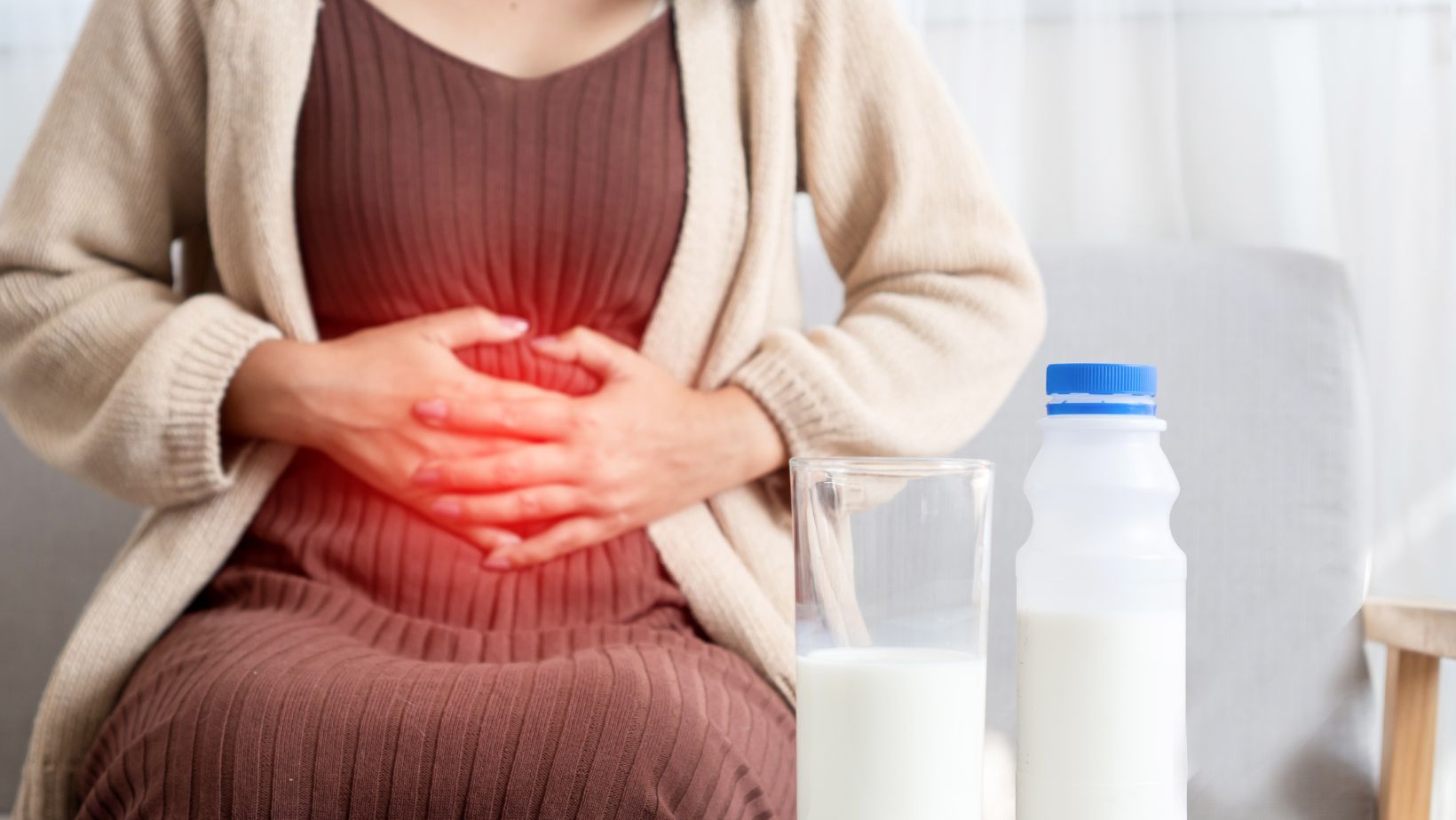
The bloating that is frequently linked to menopause and is brought on by changes in the digestive system and other hormonal shifts in the lower part of the body is referred to as “menopause bloat.” You may find that particular foods cause you to swell when they previously didn’t or that you feel incredibly swollen after feasting.
Water or gas retention are the primary causes of menopausal bloating. Bloating associated with menopause can be managed and avoided by taking medicine, getting plenty of water, and working out frequently. Wondering about the link between menopause and bloating? Let’s find out everything!
What is Menopause?
The menstrual cycle ends with menopause. The phrase can also refer to the shifts that occur in the final stages of your sexual life, prior to or following your menstrual cycle ends. It is the ovaries that contain all of a woman’s eggs during birth. Their ovaries also generate the chemicals progesterone and estrogen, which control their menstrual periods and conception. Menopause, which sets in around age 50, is the termination of periodic manufacturing of eggs from the female reproductive system and the termination of bleeding.
What is Bloating?
Bloating is an unpleasant feeling that occurs in the abdomen brought on by an excess of water or air in the digestive system. It may have a compressed or heavy feeling. Stomach swelling can occasionally be brought on by bloating, which can also cause an individual to temporarily acquire weight.
Link Between Menopause and Bloating
The first thing in treating this unpleasant feeling is realizing how menopause and bloating are related. In order to better understand the problem, let’s investigate the reasons behind menopausal bloating and identify viable treatments that could successfully reduce this unpleasant sensation.
Causes
Reduced levels of estrogen and progesterone decrease peristalsis, the procedure by which food passes through the digestive system, and is the root cause of menopausal bloating. Bloating, intestinal obstruction, and nausea may result from this prolonged absorption of nutrients.

Maintaining a healthy wholesome diet is actually helping you to improve digestion, which must not be forgotten.
How to End Menopause Bloating?
Daily Physical Activity
Frequent movement, such as such as yoga or walking promotes digestive wellness and reduces the risk of abdominal discomfort. Apart from improving overall welfare, exercise additionally assists in lowering stress, which exacerbates menopausal bloating.
Eat Smaller Meals
Overindulging in food often results in bloating. Serving sizes should be reduced to lessen the feeling of heaviness. Bloating is a common side effect of eating large, fatty meals. Because fat takes quicker to down than protein or carbs, it fills the stomach more fully for longer.
Your body is unique, and the signs of a menopausal belly might change over time. It’s not always acceptable to inform your doctor about bloating to the point of discomfort. While every person’s experience with menopause is unique, there is one thing that all women experience throughout this time: these physiological changes—from sleeping habits to gastrointestinal health—are normal and sustainable. A good way to prepare for menopause is to keep track of how the body responds to all of the above changes and communicate them to your healthcare specialists.













